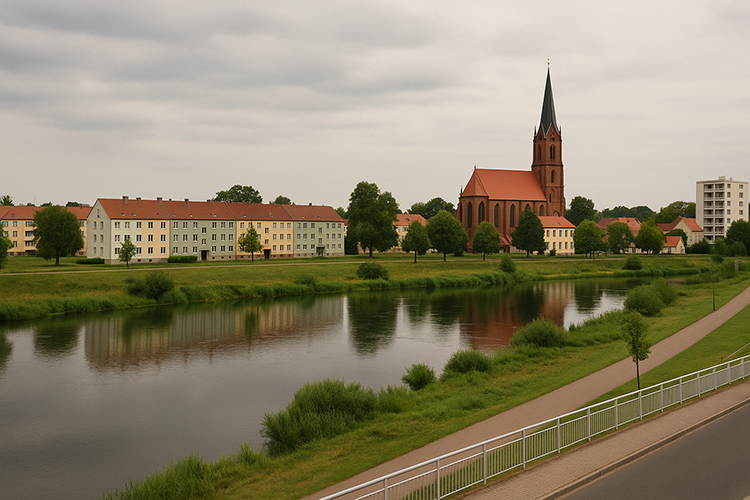East German Towns Turn to “Trial Living” to Fight Depopulation
Cities across eastern Germany are experimenting with a novel approach to halt decades of population decline: offering newcomers the chance to try life in their communities at minimal cost.
In Guben, a border town on the Oder River opposite Poland’s Gubin, authorities are inviting potential residents to rent furnished apartments for around €100 per week for up to a month. The idea is to give families and young professionals a taste of the quieter lifestyle, affordable housing, and community amenities in a region that has lost half its population since reunification. Guben counted more than 30,000 residents in 1990; today it is closer to 16,000.
Other towns such as Eisenhüttenstadt are rolling out similar programs. Municipal leaders say the goal is to counter long-term outmigration, especially among young people and women, who have often left for larger cities in western Germany.
Researchers warn that the trend poses a significant challenge for the German economy. Tim Leibert of the Leibniz Institute for Regional Geography describes the steady departure as “a demographic time bomb,” pointing to shrinking workforces and a distorted age structure in many eastern regions. Projections from Germany’s Federal Statistics Office suggest that the east could lose between 8 and 16 percent of its population in the next two decades if current trends continue.
The effort faces hurdles. Many outsiders still associate towns like Guben and Eisenhüttenstadt with economic collapse following the fall of East Germany’s heavy industry. Yet local officials insist conditions have improved. “Jobs exist in health care, logistics and manufacturing,” said Kerstin Geilich, who coordinates Guben’s revitalization campaign, though she concedes perceptions are hard to change.
For some, the offer is compelling. One young mother who relocated temporarily from western Germany said she was surprised by the green surroundings and family-friendly services, including subsidized childcare. Whether such short stays lead to long-term commitments remains uncertain, but officials see the experiment as one of the few practical tools available to bring new life to towns still struggling with the legacies of reunification.









